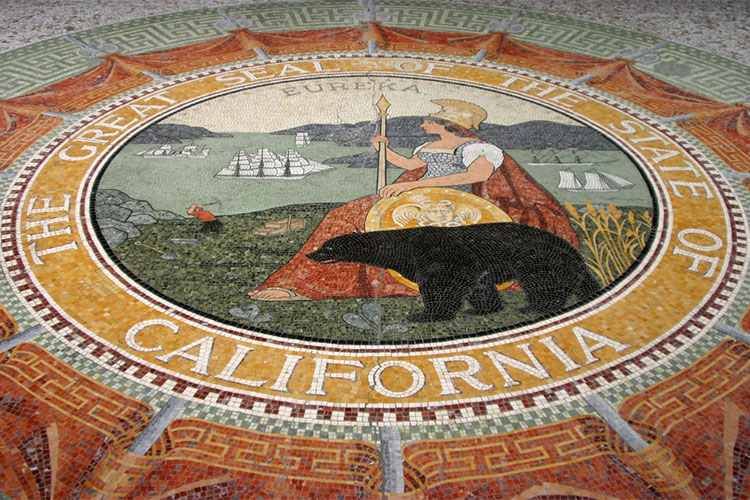Study: California’s progressive policies don’t hurt jobs, economy
The report looks at the impacts of the state’s minimum wage increases, increased access to health insurance, reduction of carbon emissions and higher taxes on the wealthy.

November 14, 2017
Research from UC Berkeley’s Center for Labor Research and Education measuring the impacts of numerous progressive California policies enacted over the last six years finds no negative effects on employment and economic growth.
This is despite conservative critics’ predictions that policies addressing workers’ rights, environmental issues, safety net programs and taxes would hurt jobs and the economy. This research is especially relevant now as the U.S. Congress is pursuing policies that go in the opposite direction in each of these critical policy areas, including major tax cuts for corporations and the wealthy.
The report, “California is Working: The Effects of California’s Public Policy on Jobs and the Economy since 2011,” looks at the impacts of the state’s minimum wage increases, increased access to health insurance, reduction of carbon emissions and higher taxes on the wealthy.
It found that the 51 policy measures enacted by the California Legislature between 2011 and 2016 increased wages for low-wage workers, reduced wage inequality, increased access to health insurance, and put the state on track to meet its 2020 emissions reduction goals.
The report compared California’s economic performance to that of the 19 states under full Republican control at the state level, in addition to using a statistical method known as synthetic control to simulate a version of California that did not implement these policies.
“My analysis shows that California, with its progressive policies, had superior performance in comparison both to Republican-controlled states and to a simulated version of California that did not implement these policies,” said report author Ian Perry of the UC Berkeley Labor Center.
Compared to Republican-controlled states, the report finds that California had:
- Greater state Gross Domestic Product growth (17.2 percent vs. 9.8 percent) from 2011 to 2016
- More total employment growth (16.9 percent vs. 12.2 percent) from 2011 to 2016
- Stronger private employment growth (20.5 percent vs. 15.7 percent) from 2011 to 2016
- Higher wage growth for low-wage workers (10 percent vs. 6 percent at the 10th percentile) from 2014 to 2016
“Using a synthetic control method to test if these results were due to other factors related to the specific states’ economies produced similar results,” Perry said.
In addition, the report found that:
- Wage inequality declined in California, and essentially remained unchanged in Republican states from 2011 to 2016
- By 2015 a larger share of Californians had health insurance than in Republican states (90.3 percent vs 88.0 percent)
- California is on pace to meet its 2020 emissions reductions goals
“The set of policy measures analyzed in this report were backed by labor, environmental and community-based organizations and are providing jobs, higher wages and increased health for California’s working people, while the state’s economy continues to grow,” said Ken Jacobs, chair of the UC Berkeley Labor Center.
According to Anthony Rendon, speaker of the California Assembly, “This study is a powerful piece of evidence to support what I’ve said for the past year: California’s greatest weapon against backwards national policies is not just to resist, but to continue to act affirmatively on the policies that will benefit, and already have benefitted, all the people of our state.”
He said that states willing to move forward will pore over this research and see that California has a model for a better future.
“Environmental protection, worker rights, health care and the other policies we pursue aren’t ideals – they are tools for a stronger California,” said Rendon.
The Center for Labor Research and Education (Labor Center) is a public service project of the UC Berkeley Institute for Research on Labor and Employment. For more about the Labor Center, visit laborcenter.berkeley.edu.